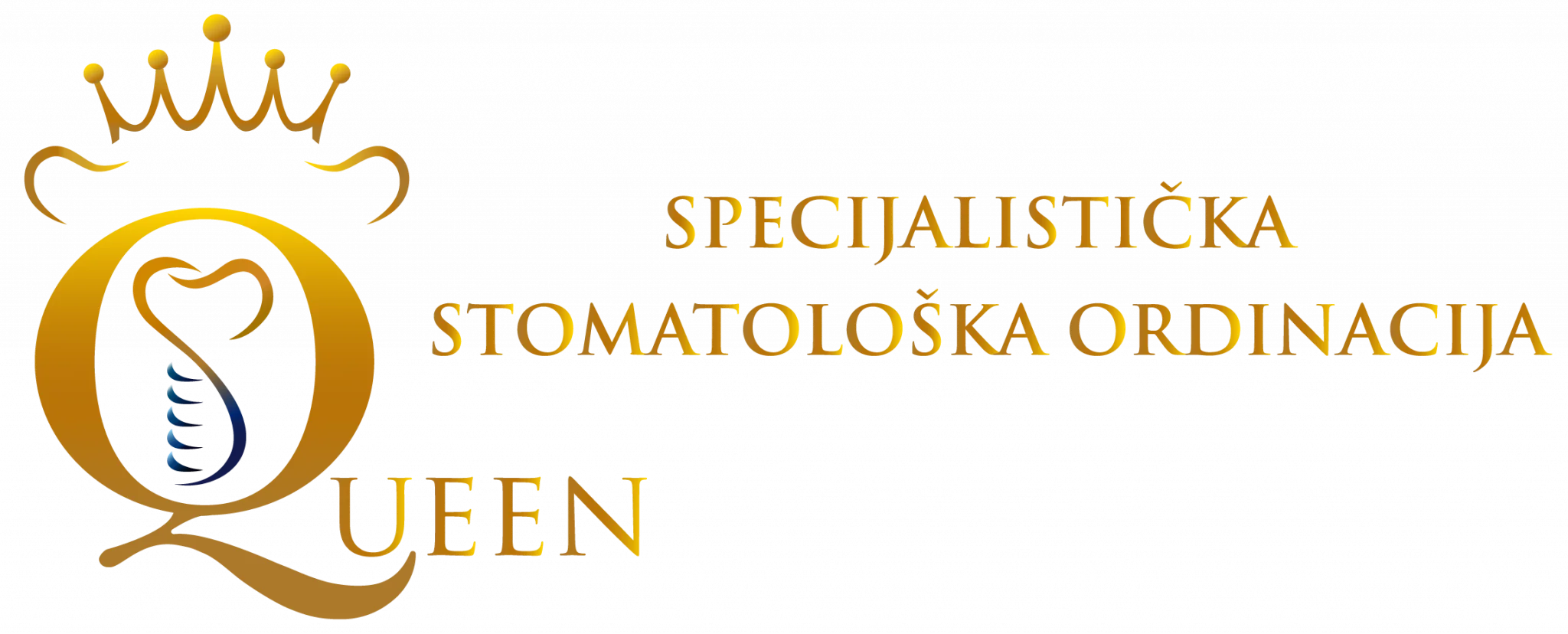Dental practice of aesthetic dentistry - QUEEN
Frequently Asked Questions
On this page you will find the most frequently asked questions from patients. If you need more information, feel free to call us.
Category:
ORAL SURGICAL INTERVENTIONS
The most common un-erupted or impacted teeth are wisdom teeth, but other teeth such as canines, premolars (bicuspids or cuspid teeth), and even molars (sixth or seventh teeth) can also become impacted, although less frequently.Upper canines most commonly remain impacted due to lack of space for them in the jaw after the incisors and premolars have already erupted. Impacted canines rarely cause complications, but sometimes they can loosen the adjacent tooth because they often cause resorption of the bone around the adjacent tooth.Lower canines most commonly remain impacted due to the improper positioning of the tooth bud.In patients with complete dentures, it is always wise to extract impacted teeth prior to making the dentures, as the dentures may press on the area where the tooth is located and cause pain and other complications.The surgical technique for extracting impacted teeth depends on the location of the tooth. It is performed under local anesthesia, lasts about 30 to 60 minutes on average, and the postoperative period is normal. Pain is not usually severe, and if necessary, analgesics and antibiotics are prescribed. Swelling is a common occurrence after any surgical intervention, but swelling may not occur if the impacted tooth is accessed through the palate.
Tag:
impacted teeth
